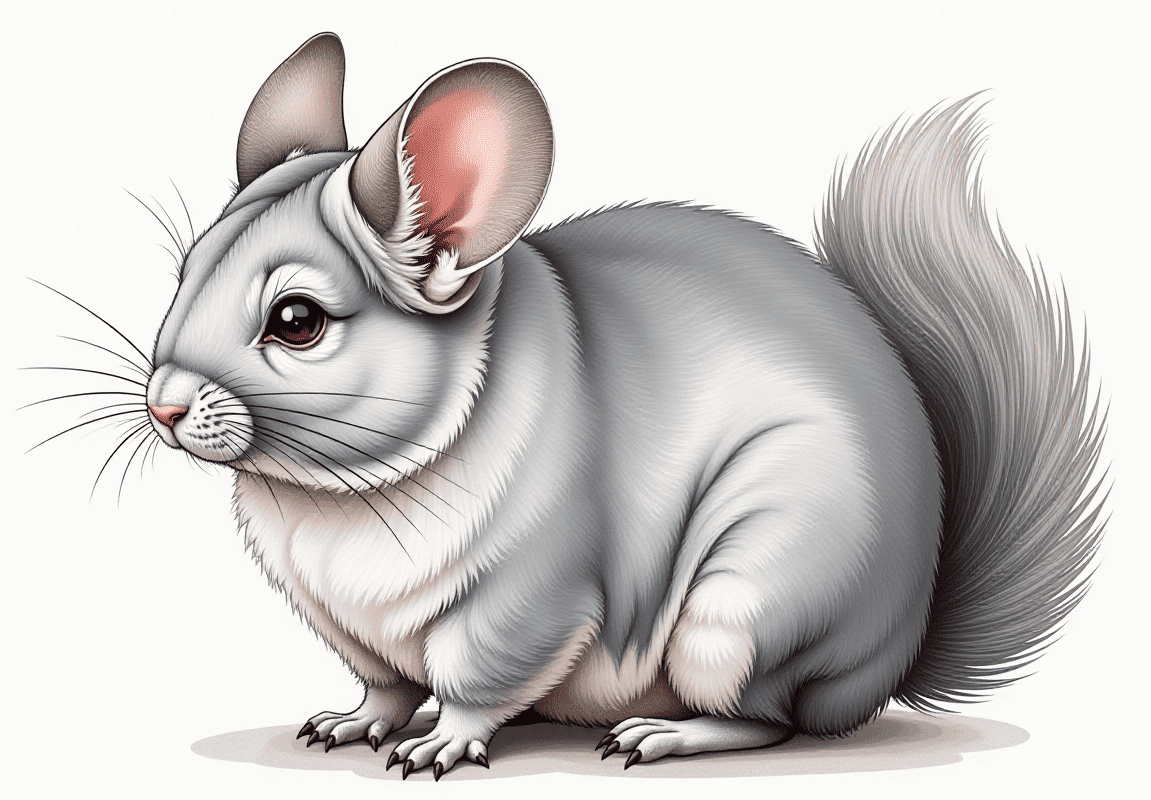Can Chinchillas Be Left Alone for a Weekend?
The Problem: Planning a Weekend Away
Leaving town for a weekend sounds simple—unless you have a pet chinchilla. Unlike cats or dogs, chinchillas have very specific needs that make pet care a bit more complex. You might be wondering: Can chinchillas be left alone for a weekend? Will they be safe without supervision?
The Agitation: The Risks of Leaving a Chinchilla Alone
Chinchillas are sensitive animals that require constant access to fresh hay, clean water, and a stable environment. Leaving them alone for two days comes with risks:
- Water Depletion or Contamination: Chinchillas rely on water bottles, which can leak, clog, or run dry. A sudden lack of water can lead to dehydration, which can be fatal if left unchecked.
- Diet Disruptions: A chinchilla’s digestive system is delicate and requires a consistent intake of hay and pellets. If food runs out or becomes stale, they may suffer from gastrointestinal issues such as bloating or diarrhea, which can be life-threatening without immediate care.
- Temperature Sensitivity: Chinchillas are highly susceptible to heat strokes. If the temperature in your home rises above 75°F (24°C), it can be dangerous for them. Likewise, excessive cold can also cause stress and discomfort.
- Loneliness and Stress: While chinchillas are independent, they are social animals that thrive on routine and interaction. A stressed or lonely chinchilla may resort to fur chewing, excessive sleeping, or even loss of appetite.
- Cage Accidents: Chinchillas are active creatures that love to jump and explore. They can get their feet caught in wire mesh, fall from ledges, or even get stuck in an unsafe space in their cage, with no one around to help.
The Solution: How to Safely Leave a Chinchilla for a Weekend
If you must leave for a weekend, here are some ways to ensure your chinchilla stays safe and comfortable:

- Set Up Multiple Water Bottles: To prevent dehydration in case one bottle malfunctions, place at least two filled water bottles in the cage. Check that they are working properly before leaving.
- Provide Extra Food and Hay: Ensure they have more than enough fresh hay and pellets for the duration of your absence. Use an automatic feeder if possible.
- Control the Temperature: Keep the room between 60–70°F (15–21°C). Close blinds to prevent direct sunlight from heating up the space, and consider using a cooling stone or a fan set on low if necessary.
- Use a Pet Camera (Optional): If possible, set up a pet camera to check in on your chinchilla remotely. Some cameras even have motion detection and alerts to notify you of unusual activity.
- Arrange for a Pet Sitter: The safest option is to have a trusted friend, neighbor, or professional pet sitter check in at least once daily to refill water, food, and monitor your chinchilla’s well-being.
- Minimize Stress: Keep their environment as stable as possible. Avoid rearranging the cage before leaving, and provide chew toys or hiding spots to keep them occupied and comfortable.
Additional Considerations

- Emergency Plan: Leave your contact information and that of an exotic pet vet with your pet sitter in case of emergencies.
- Cage Security: Double-check that doors are securely latched to prevent any accidental escapes.
- Litter and Hygiene: Ensure their cage is clean before leaving to reduce the risk of bacterial buildup or respiratory issues.
Conclusion
Leaving your chinchilla alone for a weekend is possible but not without risks. Proper preparation, including multiple water sources, extra food, temperature control, and a stable environment, can help ensure their well-being. However, the safest option is always to have someone check in on them.
If you’re unsure whether your chinchilla can handle solitude, err on the side of caution and arrange a pet sitter. That way, you can enjoy your trip with peace of mind, knowing your pet is safe and cared for.
